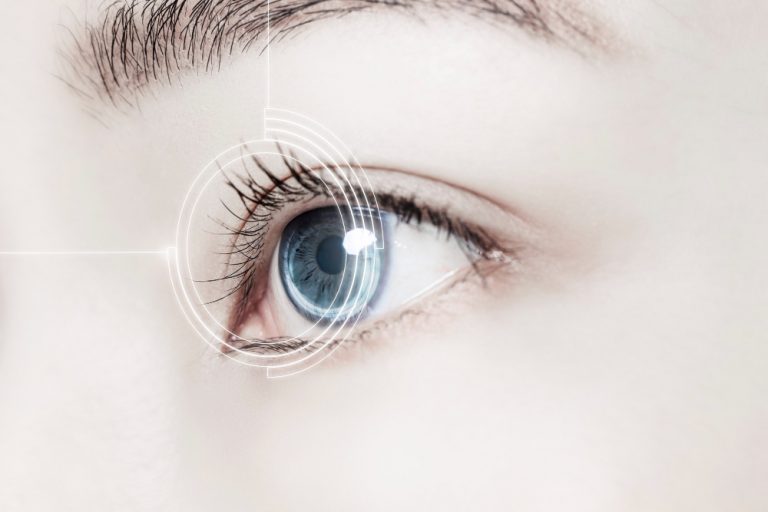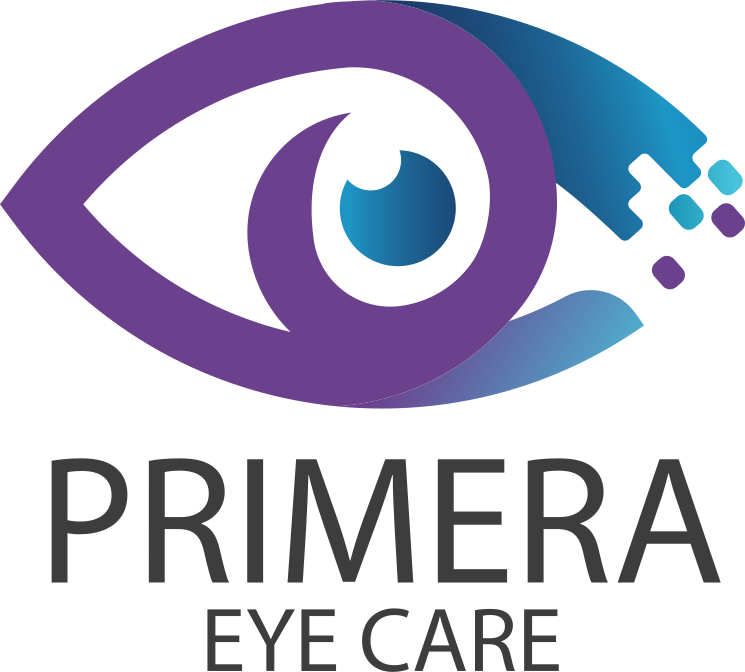
As we age, we become more prone to certain ocular diseases, including glaucoma, cataracts, macular degeneration, and diabetic eye disease. The earlier these ocular diseases are identified, the earlier they can be treated. Early treatment can help to prevent vision loss. But the trick is identifying ocular diseases at the right time.
It’s recommended that anyone over the age of 40 make regular appointments with an eye doctor so that they can monitor for signs of these diseases.
Appointments and eye exams should be conducted on an annual basis.
How else can we monitor for ocular diseases?
Soft Contact Lenses
Creating soft contact lenses that can monitor the wearer’s eyes for any signs of ocular disease has long been a goal in the ophthalmology industry. However, the electronics and sensors that would be required to do the monitoring typically required a flat surface.
Contacts contour to fit the curved surface of our eyeballs and don’t work very well as a flat surface. Fortunately, researchers at Purdue University worked on creating soft contact lenses that work with the sensors needed for monitoring.
Available for Clinical Trials
The Purdue research team developed smart contact lenses by integrating soft contact lenses and stretchable, ultrathin biosensors using wet adhesive bonding.
These biosensors then record any electrophysical signals from the corneas of the eyes. The researchers have obtained a patent for the lenses and are making them available for licensing. Soon, these smart contact lenses will be available for clinical trials.
How Do Smart Contacts Benefit Patients?
The researchers worked together with clinicians as well as biomedical, chemical, and mechanical engineers to create the smart contact lenses. The idea behind the lenses is that they will function as a painless and unobtrusive way to monitor patients for any signs of ocular diseases.
They may even be able to identify evidence of ocular diseases earlier since they can be worn all the time. Plus, they won’t require any form of anesthesia to do their monitoring.
How Do Smart Contacts Benefit Doctors?
Patients aren’t the only ones who will benefit from these new smart contacts. Because they can continually monitor the eyes of their wearers, smart contacts can provide more data to doctors and scientists. Professionals will be better able to understand the activity of the retinas through the smart contacts’ accurate and reliable monitoring.
Need an Eye Exam?
Contact us to schedule an appointment.





